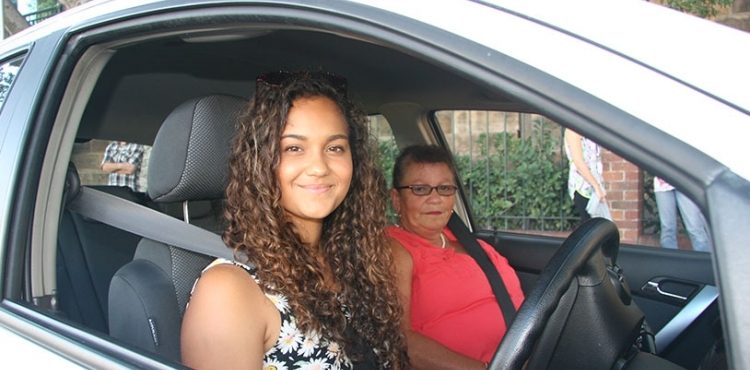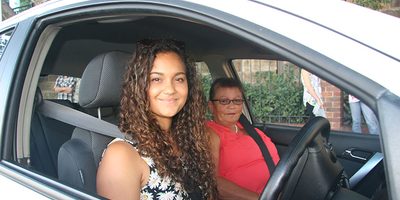
New approach needed to unlock the doors for Aboriginal drivers
A new report from The University of Wollongong and The George Institute for Global Health has outlined a series of recommendations to break down the barriers preventing Aboriginal and Torres Strait Islander people from gaining their driver licence.
These recommendations call for a suite of programs and approaches including sustained government funding in community-based driving programs, targeted use of Work and Development Orders and working collaboratively with local job service providers, the justice system and education to support Aboriginal people to obtain their driving licence.
Importantly, these recommendations have come from input from local Aboriginal and non-Aboriginal community members, key stakeholders from relevant state roads, transport and justice departments and local service providers in two states - South Australia and New South Wales.
Aboriginal people are at least 25 per cent less likely to have their drivers licence than non-Aboriginal Australians, which significantly reduces options for employment and access to education and health services. This disparity also contributes to the over-representation of Aboriginal people in jail for transport offences.
Lead author Professor Kathleen Clapham, from the Australian Health Services Research Institute at the University of Wollongong, said: “Getting your P-plates is a rite of passage for most Australians, but for Aboriginal people there are host of reasons why getting their licence is not so easy.
“A lack of supervisory drivers, the cost of lessons, the remoteness of where they live as well as poor literacy, are all factors. Factors which can all be overcome by having the right support in place, such as providing community based programs.
“We need to create a new generation of drivers who can then go onto teach and supervise the next wave of young drivers. One way this can be achieved is through long-term government investment in local community-based licencing programs which are supported by strong interagency networks and collaborations.”
Community-based programs such as the Driving Change Program provide support for young drivers and include mentoring, supervised driving practice, assistance with obtaining identification documents, booking tests, help with filling out forms as well as providing professional driving lessons. This type of program also assists clients to manage fines through the State Debt Recovery Office and thereby help people regain their licence.
Professor Rebecca Ivers, of The George Institute for Global Health, who has led development and evaluation of the Driving Change program, said: “Programs like Driving Change have resulted in thousands of lives being transformed as a result of being able to hold down a job and access proper healthcare. But all too often their funding is cut or discontinued altogether leaving entire communities without any support, and they are back to square one. Investing in these programs would bring significant benefits to both the health and wellbeing of Aboriginal people, and the Australian taxpayer.”
Other suggestions to overcome the barriers include the provision of driver training in high schools, as well as job service networks playing a more active role in helping unemployed clients gain a licence.
The report published in the Australian and New Zealand Journal of Public Health also highlights an urgent need for increased diversionary programs that magistrates can refer driving offenders to rather than opting for jail or fines.
The report was prepared with input from 31 stakeholders and Aboriginal participants in NSW and South Australia at Redfern, Griffith, Port Lincoln and Ceduna.





